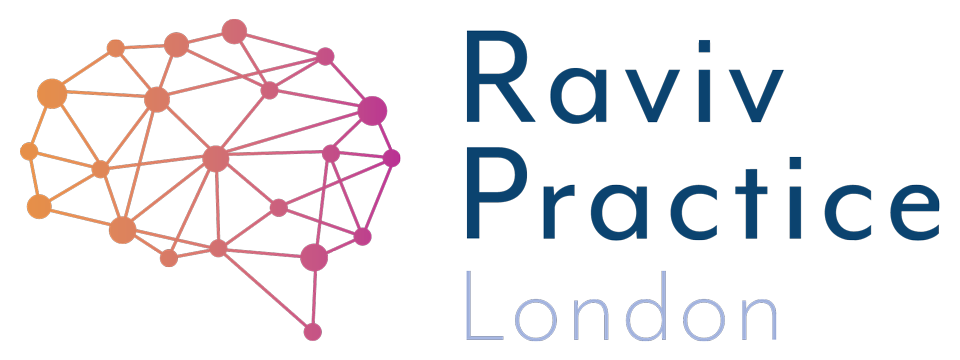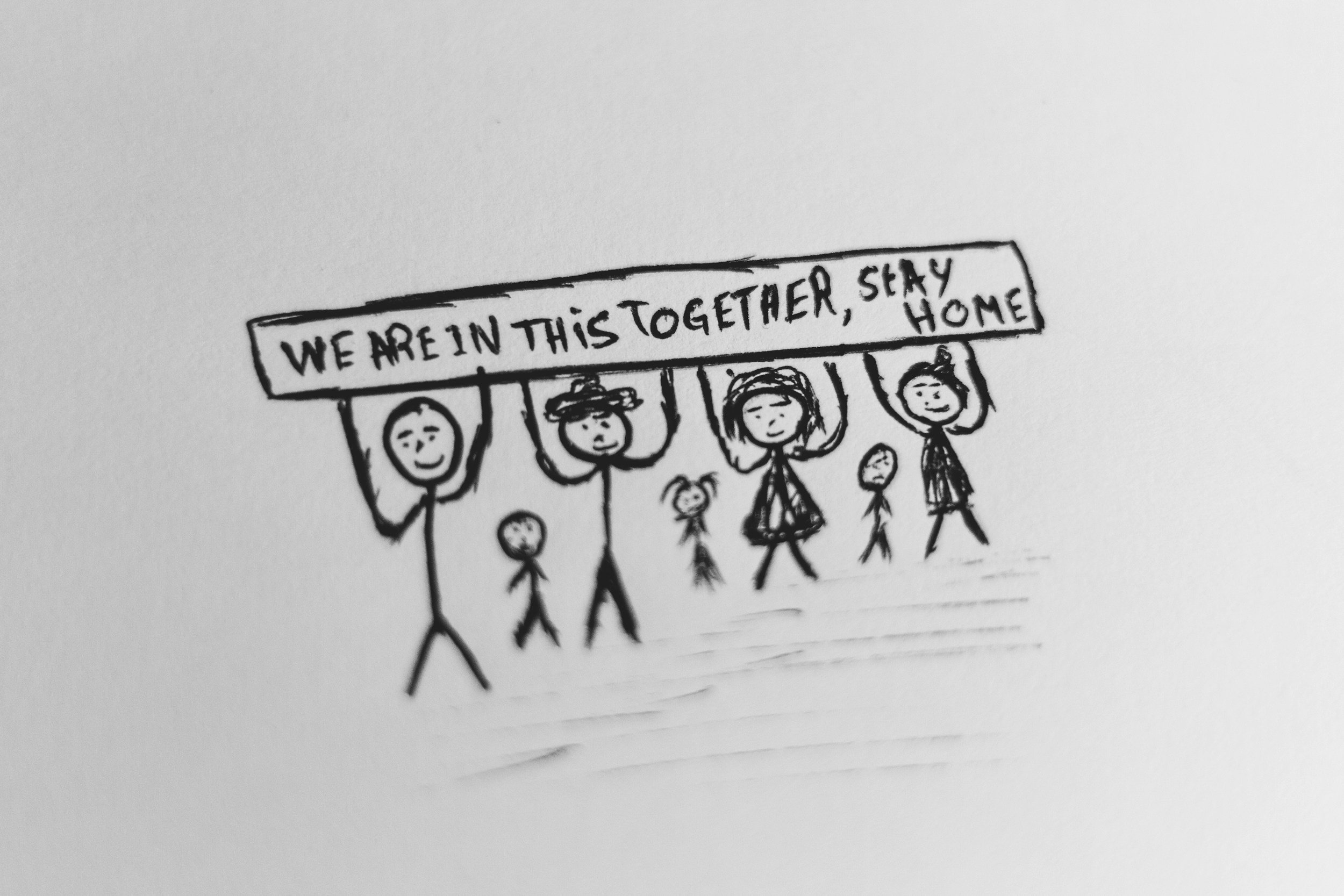The part of lockdown they never mention
The part of lockdown they never mention
“What doesn’t kill you makes you stronger.”
“The kids will be fine - children are so resilient.”
I’m betting you heard a lot of this around COVID. Yes, there were restrictions on going to school and hanging out with their friends. Yes, they were surrounded by anxiety-inducing media and had to talk to their grandparents via Zoom. But they’d be fine, right?
As someone who works with children every day, I'm seeing the real impact of those "stay at home" months. And it's not about missed schoolwork or too much screen time - it's about something much more fundamental.
“For months, he heard the message that “home is the only safe place.” His developing brain took that information and filed it away as absolute truth.”
Like 12 year old “E”. Before COVID, he was managing well at school, masking his challenges so effectively that nobody - not even his youth worker mum - suspected he might be autistic. Then came lockdown. For months, he heard the message that "home is the only safe place." His developing brain took that information and filed it away as absolute truth.
When schools reopened, he couldn't understand why he was suddenly being asked to leave his "safe place." His black-and-white thinking couldn't reconcile the mixed messages. The result? Eighteen months of panic attacks in the school car park and increasing school refusal.
And this isn't just one child's story.
I'm seeing patterns emerging that vary dramatically depending on the child's age during lockdown:
Preschoolers struggling with basic social skills that they never got to practice
Primary school children grappling with anxiety about normal social situations
Teens whose ability to handle everyday stresses seems permanently altered
“We seem to have forgotten that our children’s brains were literally being changed during lockdown.”
The children I see aren't "making a fuss" or "being difficult." Their nervous systems are telling us something important about how those months of isolation and uncertainty affected their development.
Sounds familiar? It’s been years now, and maybe you thought once things went back to normal, they'd just bounce back. But it's like they've forgotten how to be around other people.
We seem to have forgotten that our children's brains were literally being changed during lockdown. For some, it was during critical periods of development when they should have been:
Learning to read facial expressions (hard through school email comms or WhatsApp chats
Developing peer relationships (impossible over Zoom)
Building resilience through everyday challenges (difficult in isolation)
The good news? The brain's plasticity means we can help rewire these patterns. But to take that step, we need to acknowledge that even though our children are resilient, traumatic events come with consequences.
If you're seeing behaviours in your child that don't make sense - if they're struggling in ways that seem disproportionate or unexpected - their nervous system might be telling you something about their lockdown experience.
Together, we can work to understand what that behaviour is telling us. And we can help rebuild your child’s confidence and learning potential. Using work of Dr Stephen Porges and his discovery about how the nervous system truly works. This scientific discovery informs us on how anxiety, when routinely triggered, becomes a default setting. We now know the route in the body of how this anxiety is channelled. But also now understand how those well-worn groves can be changed. Incremental changes that subtlety shift from a solid ‘NO!’ to a tentative and gentle ‘MAYBE.’
We are working with children like ‘E’ and making his life easier without the right help, these problems are not just going to disappear…..you know that too.
Dyslexia? Dyspraxia? ADHD? ASD? Speech & Language? Developmental Delay? Anxiety?
Is every school day a struggle? As a parent, you may feel exhausted and on this journey alone. Each year you see the gap getting wider. You need to do something - change the approach, help your child learn for themselves, find a way to turn this around - to help while you can - do this NOW. the first step is free.
About the Author
Usha Patel is a Neurocognitive Therapist and Director at Raviv Practice London. Parents searching to help their suspected/neurodiverse child can get evidence-based solutions with results in as little as 8 weeks. Those in search of jargon-free help can get started straight away.


